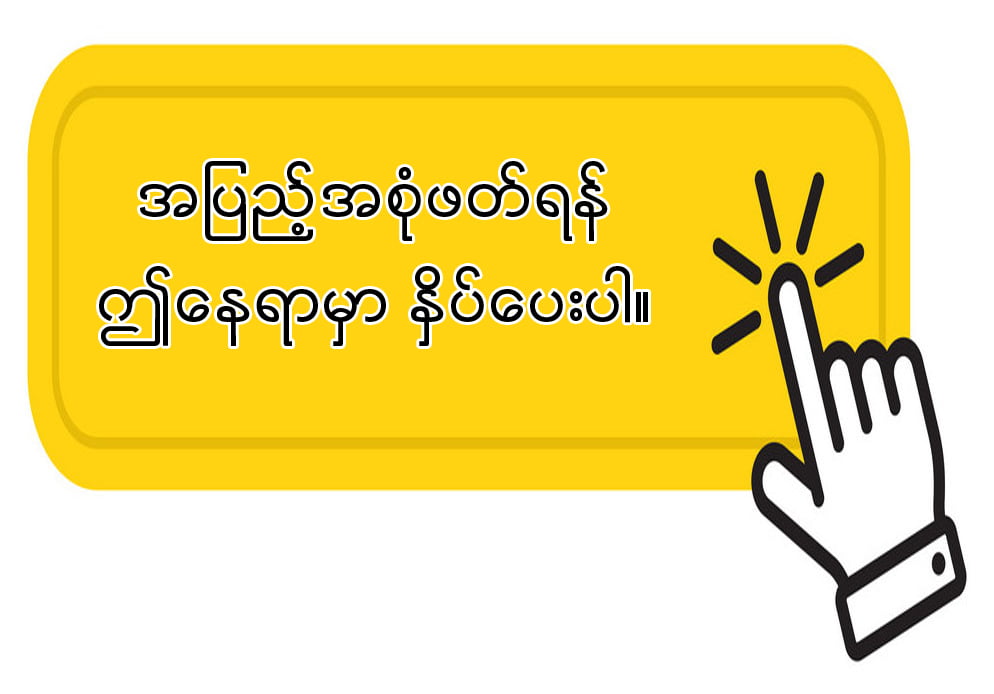Work ethic and professionalism are critical components of career readiness that significantly influence students’ success in the workplace.
Cultivating these traits involves instilling values, attitudes, and behaviors that reflect dedication, responsibility, and respect in a professional setting. Here are comprehensive strategies to enhance work ethic and professionalism in students:








Strategies to Enhance Work Ethic
Set Clear Expectations:
Classroom Rules: Establish and communicate clear expectations regarding punctuality, attendance, and behavior.
Role Models: Demonstrate strong work ethic through your own behavior as an educator.
Promote Responsibility and Accountability:
Assignments and Deadlines: Emphasize the importance of meeting deadlines and maintaining high standards for assignments.
Consequences for Actions: Implement consistent consequences for missed deadlines or subpar work, helping students understand the impact of their actions.
Encourage Goal Setting:
Short- and Long-Term Goals: Guide students in setting realistic and challenging goals, both academic and personal.
Progress Tracking: Teach students to track their progress and adjust their strategies as needed.
Foster a Growth Mindset:
Resilience Training: Encourage resilience by teaching students to view challenges and failures as opportunities for growth.
Positive Feedback: Provide constructive feedback that focuses on effort and improvement rather than just results.
Promote Time Management Skills:
Time Management Workshops: Offer workshops on prioritizing tasks, creating schedules, and avoiding procrastination.
Practical Exercises: Include time management exercises in the curriculum to help students practice organizing their time effectively.
Strategies to Enhance Professionalism
Teach Professional Communication:
Formal Writing and Speaking: Include lessons on formal writing, email etiquette, and professional speech.
Active Listening: Train students in active listening skills and the importance of respectful communication.
Develop Professional Appearance and Conduct:
Dress Codes: Discuss the significance of appropriate attire in different professional settings.
Behavioral Standards: Set and model standards for professional behavior, such as respect, integrity, and reliability.
Introduce Workplace Etiquette:
Business Etiquette Workshops: Conduct workshops on business etiquette, including topics like meeting protocols, networking manners, and respectful workplace interactions.
Role-Playing Scenarios: Use role-playing to simulate professional scenarios, allowing students to practice proper etiquette.
Encourage Ethical Behavior:
Ethics Education: Integrate discussions about ethics and integrity into the curriculum.
Case Studies: Analyze case studies of ethical dilemmas to help students understand the importance of ethical decision-making.
Promote Teamwork and Collaboration:
Group Projects: Facilitate group projects that require collaboration, teaching students how to work effectively as part of a team.
Conflict Resolution: Provide training on conflict resolution skills to help students manage and resolve disagreements professionally.
Benefits of Enhancing Work Ethic and Professionalism
Improved Employability:
Positive Impressions: Students with strong work ethic and professionalism make positive impressions on employers, increasing their employability.
Job Retention: These traits contribute to job retention and career advancement, as employers value reliable and professional employees.
Enhanced Academic Performance:
Motivation and Focus: A strong work ethic enhances students’ motivation and focus, leading to better academic performance.
High Standards: Professionalism fosters a commitment to high standards and continuous improvement.
Better Workplace Relationships:
Respect and Collaboration: Professional behavior and strong work ethic facilitate respectful and collaborative workplace relationships.
Networking Opportunities: Professionalism opens up networking opportunities, which can be crucial for career advancement.
Personal Growth and Satisfaction:
Self-Discipline: Developing a strong work ethic and professionalism fosters self-discipline and a sense of personal responsibility.
Achievement and Fulfillment: These traits contribute to a sense of achievement and fulfillment in both academic and professional pursuits.
Positive Organizational Impact:
Productive Work Environment: Employees with strong work ethic and professionalism contribute to a productive and positive work environment.
Organizational Success: Their dedication and integrity drive organizational success and reputation.
Conclusion
Enhancing work ethic and professionalism in students is crucial for their career readiness and long-term success. By setting clear expectations, promoting responsibility, fostering a growth mindset, and teaching professional communication and behavior, educators can prepare students to meet the demands of the modern workplace. The benefits of these traits extend beyond individual success, contributing to improved employability, better workplace relationships, personal growth, and positive organizational impact. Implementing these strategies ensures that students are not only academically prepared but also equipped with the essential attitudes and behaviors needed to thrive in their professional lives.

Leave a Reply